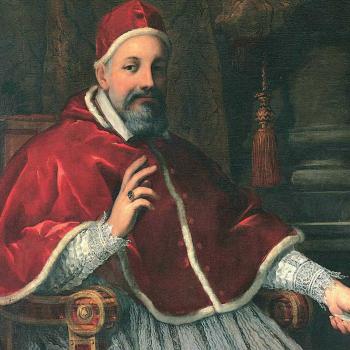Contemplating the death of his first wife, Dostoevsky uncovered what he thought was a proof of the afterlife. (The notebook entry is translated in Joseph Frank’s Dostoevsky: A Writer in His Time , 407-9.) The first plant of the argument was to notice that human beings are incapable of following Christ’s command to love our neighbor as ourselves here and now. Ego controls us in this life, and that can lead us to one of two conclusions. We can become... Read more



















